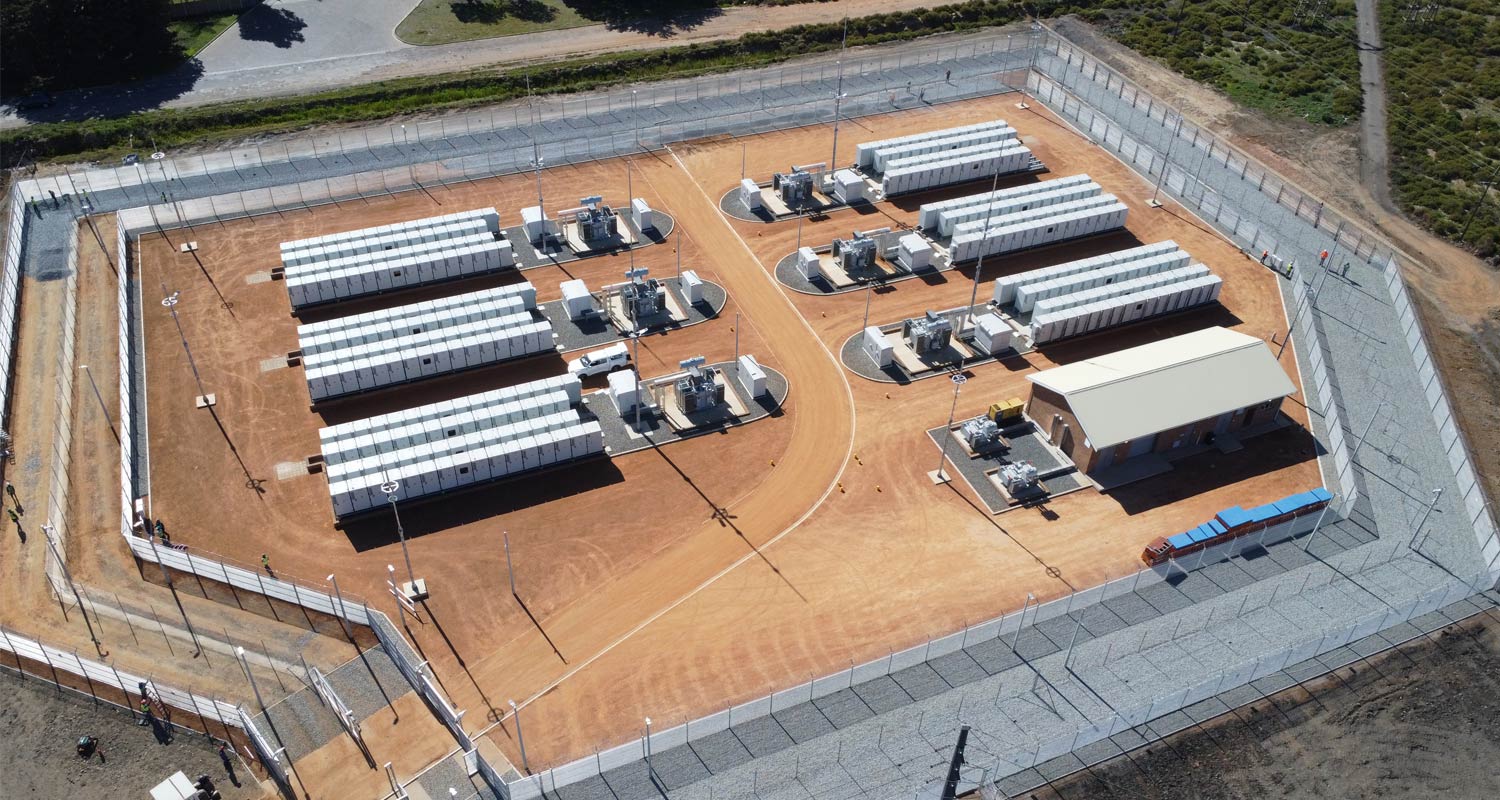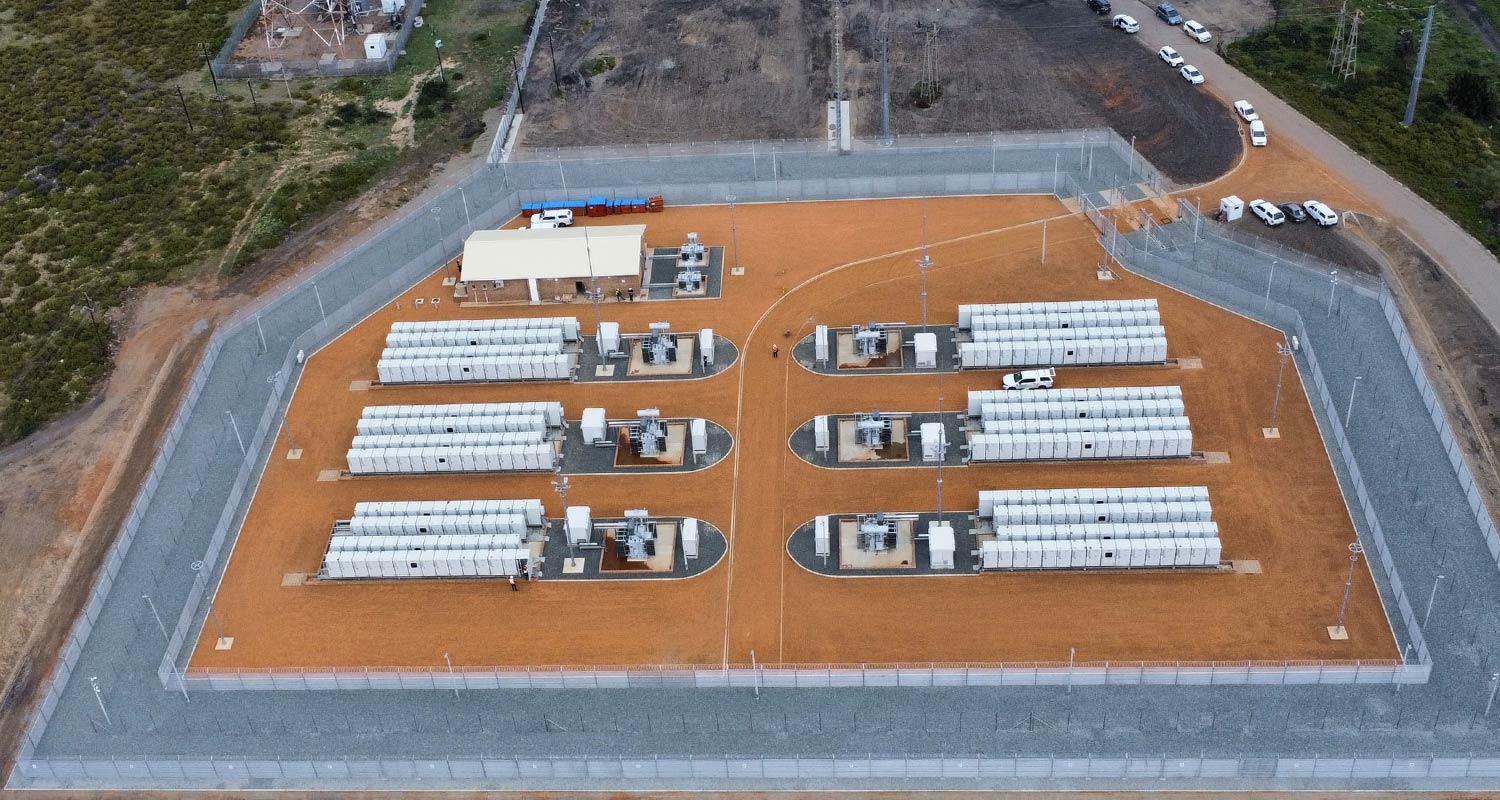
Eskom opened the largest battery storage project in Africa on Thursday.
The Hex Bess, in Worcester in the Western Cape, is the first project in Eskom’s flagship battery energy storage system (Bess) project, announced in July 2022 to help alleviate the pressure on the national electricity grid – a direct response to the urgent need to address South Africa’s long-running electricity crisis.
It will add more storage capacity to strengthen the grid while diversifying the existing generation energy mix, using large-scale utility batteries with a total capacity of 1 440MWh/day and a 60MW PV capacity.
The Hex site is specifically designed to store 100MWh of energy, enough to power a town such as Mossel Bay or Howick for about five hours.
It forms part of phase 1 of Eskom’s Bess project, which includes the installation of 833MWh of additional storage capacity at eight Eskom distribution substation sites in KwaZulu-Natal, the Eastern Cape, the Western Cape and the Northern Cape. This phase also includes about 2MW of solar photovoltaic capacity.
Read: Eskom names contractors for mega battery storage projects
“We are grateful to the various funders of the Eskom Bess project, and to our construction partner Hyosung Heavy Industries. This is proof of what we can achieve when we work as a team and in collaboration with industry and local communities,” said Eskom’s group executive for distribution Monde Bala in a statement.

“We are pioneering the implementation of the Bess technology, serving as a large-scale commercial project to validate the technology’s feasibility and benefits. The successful implementation will pave the way for wider adoption and possible export of the technology to other regions beyond South Africa,” said Eskom GM for distribution Velaphi Ntuli.
When the first phase is complete, Eskom will implement phase 2 of the project, which includes the installation of a further 144MW of storage capacity, equivalent to 616MWh, at four Eskom distribution sites and one transmission site. The solar PV capacity in this phase will be 58MW. — (c) 2023 NewsCentral Media

